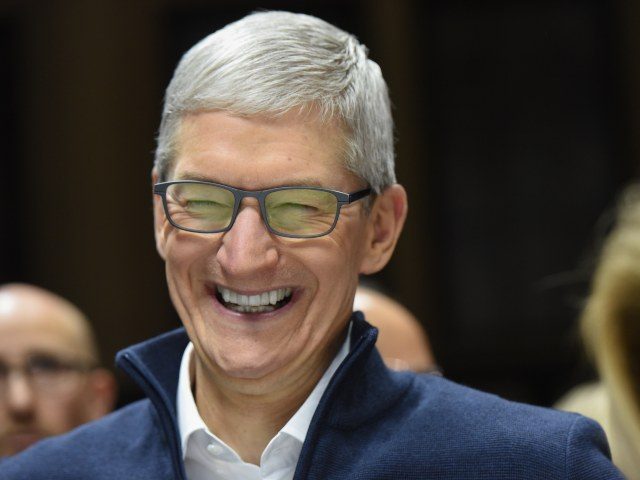The New York Times recently published an article that claims that Apple purposefully manipulates App Store search results in favor of Apple products.
In an article titled “How Apple Stacked the App Store With Its Own Products,” the New York Times alleges that as Apple has become a major competitor on the platform it owns, alleging that the firm has stacked App Store search results to favor its own products and services. The article notes that App Store search results have become some of the most valuable online advertisement real estate with the app store generating more than $50 billion in sales last year.
But, as Apple has grown and released more of its own apps and services, some are alleging that the firm manipulated App Store search results to favor its own apps. The Times writes:
Apple’s apps have ranked first recently for at least 700 search terms in the store, according to a New York Times analysis of six years of search results compiled by Sensor Tower, an app analytics firm. Some searches produced as many as 14 Apple apps before showing results from rivals, the analysis showed. (Though competitors could pay Apple to place ads above the Apple results.)
Presented with the results of the analysis, two senior Apple executives acknowledged in a recent interview that, for more than a year, the top results of many common searches in the iPhone App Store were packed with the company’s own apps. That was the case even when the Apple apps were less relevant and less popular than ones from its competitors. The executives said the company had since adjusted the algorithm so that fewer of its own apps appeared at the top of search results.
Apple has denied any wrongdoing in the matter, claiming that the App Store presents results it believes that users want to see:
The executives said the company did not manually alter search results to benefit itself. Instead, they said, Apple apps generally rank higher than competitors because of their popularity and because their generic names are often a close match to broad search terms.
“There’s nothing about the way we run search in the App Store that’s designed or intended to drive Apple’s downloads of our own apps,” Mr. Schiller said. “We’ll present results based on what we think the user wants.”
However, many are not convinced and the firm is now facing a legal challenge in the United States after the Supreme Court voted 5 to 4 to allow an antitrust class-action lawsuit against the firm. Many are not convinced that Apple’s App Store search results are as organic as the firm claims:
Several consultants who study the App Store algorithm to help companies rank higher said Apple’s consistent success in the marketplace was suspicious. Algorithms are automated systems designed to largely run on their own. But it is humans who decide what algorithms measure. And those decisions can be subjective.
“I find it hard to believe that organically there are certain Apple apps that rank better than higher-reviewed, more downloaded competitors,” said Todd Dunham, chief executive of the ASO Project, which consults app makers on how to rank higher in the results.
Read the full article in the New York Times here.
By subscribing, you agree to our terms of use & privacy policy. You will receive email marketing messages from Breitbart News Network to the email you provide. You may unsubscribe at any time.
Lucas Nolan is a reporter for Breitbart News covering issues of free speech and online censorship. Follow him on Twitter @LucasNolan or email him at lnolan@breitbart.com

COMMENTS
Please let us know if you're having issues with commenting.